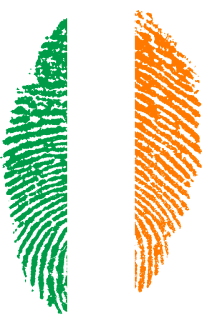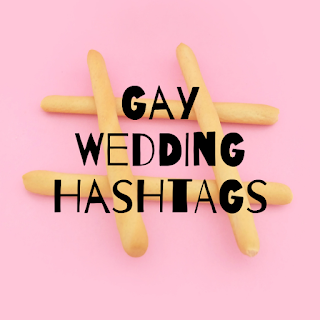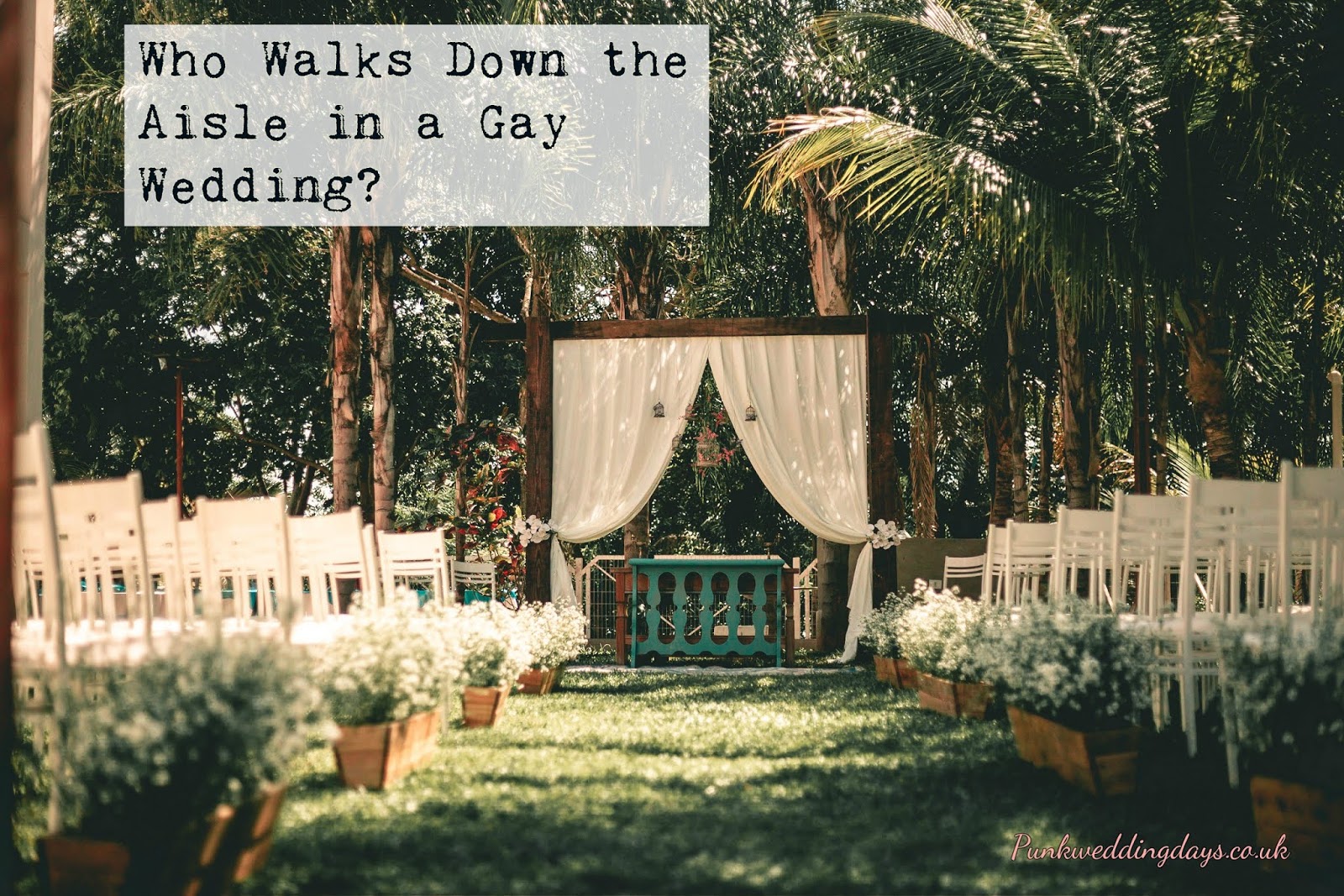Irish Referendum on Gay Marriage: FAQs
 What is Ireland voting for?
What is Ireland voting for?
On May 22nd 2015, The Republic of Ireland will vote on whether or not to allow gay marriage. If the country votes Yes, then Ireland will become the first country in the world to have passed equal marriage by public vote.
Who looks set to win?
Votes like this are notoriously difficult to call, and Ireland has a precedent for unexpected last minute results. Since the referendum was first announced in November 2013, the Yes campaign have consistently been placed ahead of the Nos with around 75% of the vote. However, the margin between the two might very well be smaller than first thought. Throughout the media, there has been widespread reports of a 'silent vote against equal marriage' within rural communities where inhabitants tend to be more conservative in their thinking. Equally, we know that support for equal marriage does drop off in the over 60s age bracket and that these are the people far less likely to be active in online polls and social media campaigns etc. Therefore, it may have been premature to use social media as a yardstick.
The Advocate website made a very apt point recently, too. Using the recent Conservative victory in the UK as an example, they argued that margins can not only be wrong, they can be drastically wrong. Whilst some polls put the Tories ahead, it was the scope and depth of the Conservative victory that came as the biggest surprise once the votes were counted. Same too, they said, were the results of the vote for Scottish Independence.
The point here may well be that neither side can afford to rest on their laurels. Campaigning by both sides is likely to continue right up until the polls close.
The Advocate website made a very apt point recently, too. Using the recent Conservative victory in the UK as an example, they argued that margins can not only be wrong, they can be drastically wrong. Whilst some polls put the Tories ahead, it was the scope and depth of the Conservative victory that came as the biggest surprise once the votes were counted. Same too, they said, were the results of the vote for Scottish Independence.
The point here may well be that neither side can afford to rest on their laurels. Campaigning by both sides is likely to continue right up until the polls close.
How have the two campaigns stacked up?
Of the two, the Yes campaign has been more centrally organised. They're supported by every political party, too. For the Yes campaign, it's been about engaging with different demographics on the issue: answering questions, dispelling myths, soothing fears and celebrating unity among Irish communities. It's been a colourful campaign: buses, balloons, banners, posters, parades and adverts have been everywhere. It's been about motivating people to get out and vote. Online, too, there's be a lot going on. Across the social media channels and beyond, there's been a constant and consistant engagement with voters, supporters and potential supporters. It's fair to say that the Yes campaign has probably been the most visible of the two.
The campaign against equal marriage has been a smaller and less cohesive group, but they shouldn't be underestimated. They've found particular support among religious communities and with those who believe in the importance of the traditional family unit with a husband and a wife and children. Much of the criticism of equal marriage has been centered on the issue of what is fair to children. One of the largest groups making up the No campaign is Mothers and Fathers Matter. They believe in the fundamental importance of the family unit for the sake of the children. Again, they're most likely to command a more reserved supporter base in the religious and rural communities. Their campaign is probably less about convincing people to vote no, than it is ensuring that their supporters turn out to vote No on the day. This is where the silent vote could be key.
Isn't Ireland a religious country?
Traditionally, yes, although Ireland is progressive, too. The Irish Prime Minster has been keen to point out that whatever the results of the vote, it will not alter the institution of marriage nor will the church be expected to perform or participate in same-sex marriages. Religion does still play a key role in the country, but that influence is likely to decline in the coming decades. In the UK, we talk of how quickly gay rights have advanced, but in Ireland the advancement has been ever faster. It's hard to believe just how far Ireland has come in recognising civil rights as something distinct from the church. Back in 1986, Irish voters actually voted against divorce.
What will it mean for adoption?
The No campaign has tried to pull adoption into the equal marriage debate, but these are two very separate issues. The truth is that a Yes for equal marriage would have very little impact on adoption. Later in 2015, there will be an entirely different vote about this. In 2013, there were less than 200 adoptions in Ireland anyway. So, this isn't the super huge issue as some of the No campaigners have tried to allude to. And many of those adoptions are the adoption of step-children. You can read more about adoption and the equal rights referendum here
What will happen if the Yes campaign wins?
Irish Central Blog reported that up to 600 same-sex marriages could take place in 2015 if the Yes vote wins. This is likely to be widely welcomed by the wedding industry and it could do wonders for local economies. Equally, it would make Ireland a more attractive option to foreign same-sex couples looking to marry abroad.
What will happen if the No campaign wins?
For the moment, nothing will change in Ireland. However, the issue of gay marriage is unlikely to disappear.
Where can I find out more information?
If you'd like to find out more about the No campaign, then you're first port of call will be The Mothers and Fathers Matter website. You can find them on Facebook
Who can vote?
- You'll need to be 18 or over on or before polling day
- An Irish Citizen
- On the Register of Electors
- Living in Ireland
Am I registered?
You can see if you're okay to vote by going to www.checktheregister.ie.
Is it too late to register?
Where can I vote?
- A polling card will be sent to your home (providing you're registered to vote) and printed on it will be where you can vote.
- Polling stations are open from 7am and 10pm
- If you forget your polling card, then you can vote with photographic ID








